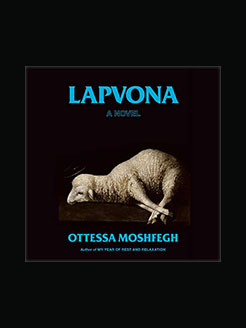Published in 2020
256 pages
Sarah Glosson is director of the Arts & Sciences Graduate Center at the College of William & Mary in Virginia.
What is this book about?
Jane Austen has resonated with readers across generations like no other writer. More than two hundred years after the publication of her most celebrated novel, Pride and Prejudice, people around the world continue to honor “dear Jane.” In Performing Jane, Sarah Glosson explores this vibrant fandom, examining a long history of Austen fans engaging with her work, from wearing hand–sewn bonnets and period–appropriate corsets to creating spirited fanfiction and comical gifsets. Sophisticated and engaging, this study demonstrates that Austen fans of today have a great deal in common with those who loved the English novelist long before the term “fan” came into use.
Performing Jane analyzes three ways fans engage with Austen and her work: collecting material related to the writer, whether in physical scrapbooks or on social–media platforms; creating and consuming imitative works, including fanfiction and modernized adaptations such as The Lizzie Bennet Diaries; and making pilgrimages to Steventon, Hampshire, Chawton Cottage, and even to annual meetings of Jane Austen societies. Key to Glosson’s exploration of Austen fans is the notion that all of these activities, whether occurring in private or in public, are fundamentally performative. And in counterbalance to studies that center on fans with a tendency to transform and disrupt the original text, this study provides much–needed understanding of a fandom that predominantly reaffirms Austen’s works.
Because Austen’s writing has bridged the realms of both literary and popular culture, this fandom serves as an excellent case study to understand the ways in which we draw distinctions between fandom and other forms of intensive engagement and, more importantly, to appreciate how fluid those distinctions can be. Performing Jane embraces a holistic view of the long history of Austen fandom, relying on archival research, literary and visual analyses, and ethnographic study. This groundbreaking book not only demonstrates the ways in which fan practices, today and in the past, are performative, but also provides fresh perspectives into fandom and contributes to our understanding of the ways readers engage with literature.







